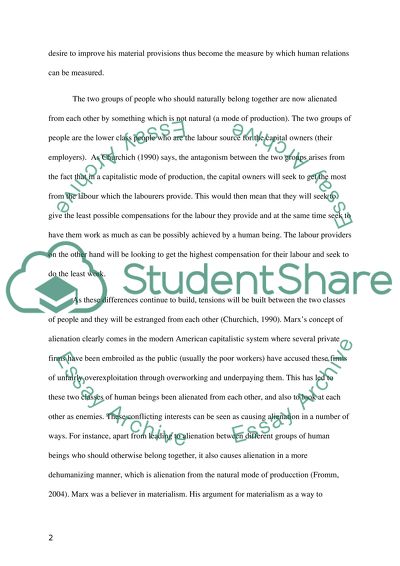Cite this document
(“Aspects of Social Life Essay Example | Topics and Well Written Essays - 1750 words”, n.d.)
Retrieved from https://studentshare.org/sociology/1483158-aspects-of-social-life
Retrieved from https://studentshare.org/sociology/1483158-aspects-of-social-life
(Aspects of Social Life Essay Example | Topics and Well Written Essays - 1750 Words)
https://studentshare.org/sociology/1483158-aspects-of-social-life.
https://studentshare.org/sociology/1483158-aspects-of-social-life.
“Aspects of Social Life Essay Example | Topics and Well Written Essays - 1750 Words”, n.d. https://studentshare.org/sociology/1483158-aspects-of-social-life.


